Equipment
The Precision That Is Epon

In 10 years, I’ve played four different sets of irons. Two of those sets I only switched because of the 2010 groove rule. For several years, I played Hogan Apex Plus irons; I still have them in the garage and get them out on occasion. They are positively the best irons I’ve ever hit. I’ve also played the Nike VR Forged Pro Combo and the Titleist 690 CB, which are both tied for a very close second. The fourth set would be the Bridgestone J33 CB irons that were played by Freddy Couples, Matt Kuchar, and Davis Love III in the mid-2000s. I played these irons longer than any others, and the aforementioned Hogan’s just narrowly unseated them. I’m sad that I don’t still have them around.
If you’re accustomed to playing forged irons, it means you’re likely picky about finding the right ones when it’s time to upgrade. You’re searching for the right feel or the right sound or the right head weight. The interesting thing about the irons I mentioned above? They were all forged at the famed Endo Forging House in Japan, though many years apart. If you’re a casual golfer, you may not have heard of Endo… or its house brand, Epon. Prior to researching this piece, I wasn’t all that familiar with them either. Within five minutes of talking on the phone with Dustin Vaughn, however, I learned the forging house had produced all of my favorite irons. Vaughn works for a company called Swing Science, and he’s the Epon distribution manager for all of North America.
“What makes Epon interesting is that when you ask a player what their favorite clubs are, or the clubs they’ve hit that feel the best, they almost alway name a club that was forged at Endo. And with Epon, we can take the process to the next level,” Vaughn said.
I would hear this theme strung throughout our conversation as well as my conversation with Jeff Sheets, who was the lead designer for the Hogan Apex Plus irons back in the day (again, my favorite). The idea is that Epon, because it’s a house brand, can (and does) spend as much time on their product as they need to in order to make it the best they have ever released, and that’s their only restriction.
Over the years, Endo has forged many irons for OEMs. Aside from the aforementioned ones, here are a few others: Mizuno JPX-800 AD and JPX-825, Fourteen TC-606, TC-777, and TC-1000, Nike VR, VR_S, VR Forged and SQ Forged, Titleist 690 MB and VG3. In terms of woods, Epon has forged the Mizuno MP Craft 425 and H4, Nike VR Pro, VR_S, and SQ2 (which is my favorite 3-wood ever, man, I wish I still had it).
When you look at those models, they may not seem like they are the best-selling clubs of all time (though the JPX-800s did well), but they all have a sort of cult following, which is exactly how Epon is viewed, and the company likes it that way.
In the world of iron forging, the process has improved significantly over the course of the last half-century. In the 1970s, a foundry was able to forge a club head to within about 40-60 grams of the desired head weight for the finished product. The extra weight would then have to be ground off by the hands of a highly skilled craftsman, but as with anything, it’s impossible to be perfect every single time. In today’s world, Endo is able to forge an iron head within 10 grams of the desired weight of the finished club head for any company that asks them to forge an iron. That produces a much more consistent product, because there is less room for error on the grinding and polishing part of the process. With its house brand, Epon, the company can take it even further.
With Epon irons, Endo can forge the head to within 6 grams of the desired final head weight. For context, a quarter weighs about 6 grams. Jeff Sheets, the Technical Director for Swing Science and Epon Golf says, “With Epon brand Endo holds nothing back. While they provide premium forgings for major OEMs, every one of those projects operates within a budget. Endo’s Epon products are the epitome of what a forging manufacturer is capable of producing without any limitations.”
Epon’s latest line of clubs includes the AF-Tour (traditional blade), AF-Tour CB, AF-303, AF-503, and the AF-705. The AF-Tour looks as good as any club you could imagine; it has a thin top-line, little-to-no offset, and the lofts are very traditional (the 7-iron loft is 36 degrees). Their tagline for the AF-Tour is, “If you’ve got to ask if you’re good enough to play this club, then you likely aren’t.” That statement sums up how I felt about it as well. The top line is both something to behold and something to fear.
Yet Epon has also managed to do something I’ve never seen before. In its AF-705, which is Epon’s “super game-improvement” iron, the company has managed to have a very thin top-line as well as less offset, yet still have the irons perform like S-GI clubs. It’s also forged from the same S20C carbon steel as the AF-Tour, which means it’s designed to feel like butter but perform like a hybrid iron. I typically balk at a 7-iron with 29 degrees of loft, but the look of the AF-705 reminds me of my old Hogans.
With Epon, just as with other super-premium golf equipment manufacturers like Miura or Fourteen or Vega, the discussion always comes back to price, and maybe rightfully so. A set of Epon irons is going to set you back almost $2,400, which is basically double what other OEMs charge for their “premium” players irons. And the question that always comes up is, “Are these irons really $1,200 better than the Titleists or Mizunos I can buy off the shelf?” That’s entirely up to you.
All I can tell you is what Epon offers, and that is a totally customized fitting experience (you can’t buy Epon off the shelf) for your irons, fairway woods, or whatever Epon product you buy. You will also get a clubhead that has been inspected by hand as it came off the forging line, and you’re getting a club made by the forging house that forged the four best irons I’ve ever held in my hand, all from different brands.
If Endo can create that consistency among OEMs, all with different specs, it seems to me that their house brand can only be something I’d likely fall in love with. At $2,400 per set, I’m just not sure I’m willing to get divorced over it.
Interesting in hitting an Epon? Find an Epon fitter near you.
- LIKE240
- LEGIT25
- WOW16
- LOL3
- IDHT2
- FLOP3
- OB2
- SHANK22
Whats in the Bag
Kris Kim WITB 2024 (May)

- Kris Kim what’s in the bag accurate as of the CJ Cup Byron Nelson. More photos from the event here.
Driver: TaylorMade Qi10 (9 degrees @7)
Shaft: Mitsubishi Tensei 1K White 60 TX
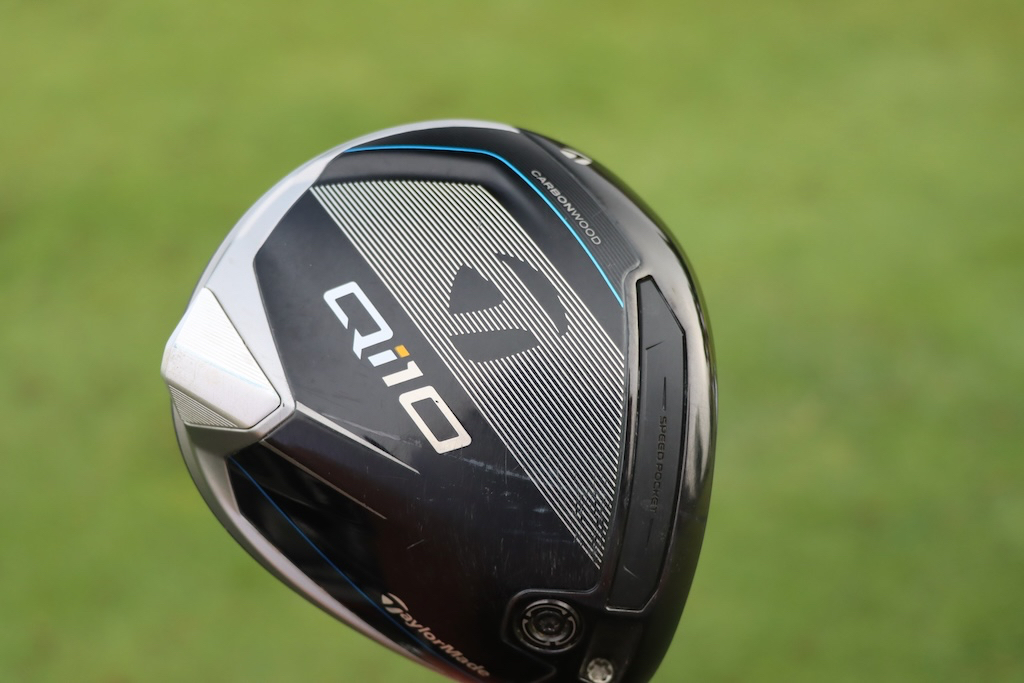

3-wood: TaylorMade Qi10 Tour (15 degrees @13.5)
Shaft: Mitsubishi Diamana WB 73 TX
Irons: TaylorMade P770 (2, 4), TaylorMade P7MB (5-PW)
Shafts: Mitsubishi Tensei 1K White 80 TX (2), Nippon N.S. Pro Modus3 Tour 120 X
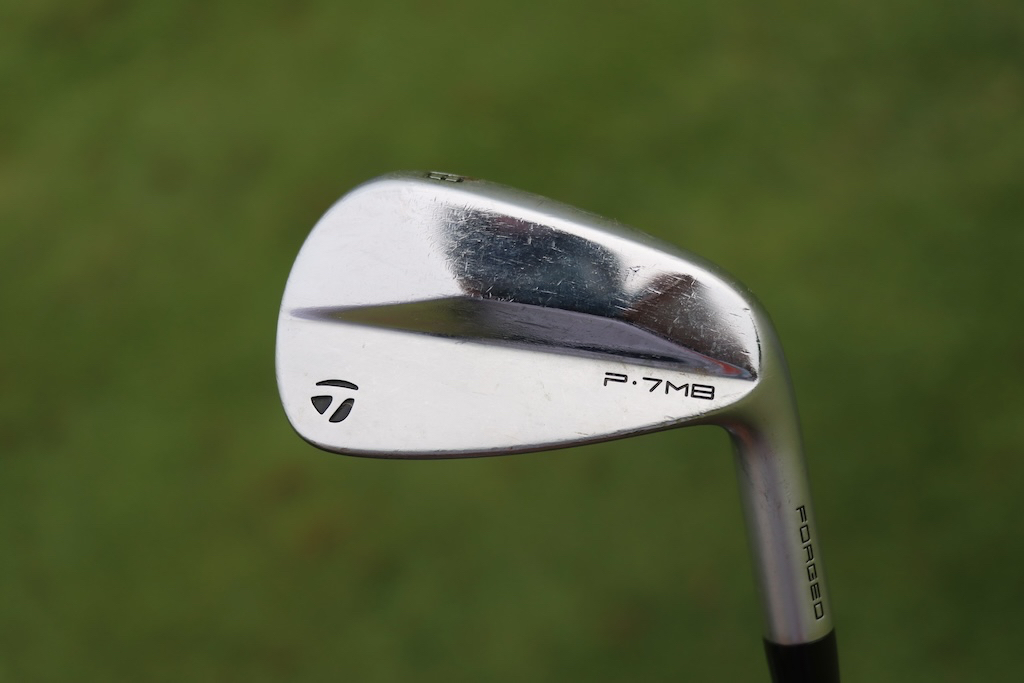

Wedges: TaylorMade MG4 (50-09SB, 56-12SB, 60-11TW)
Shafts: Nippon N.S. Pro Modus3 WV 125
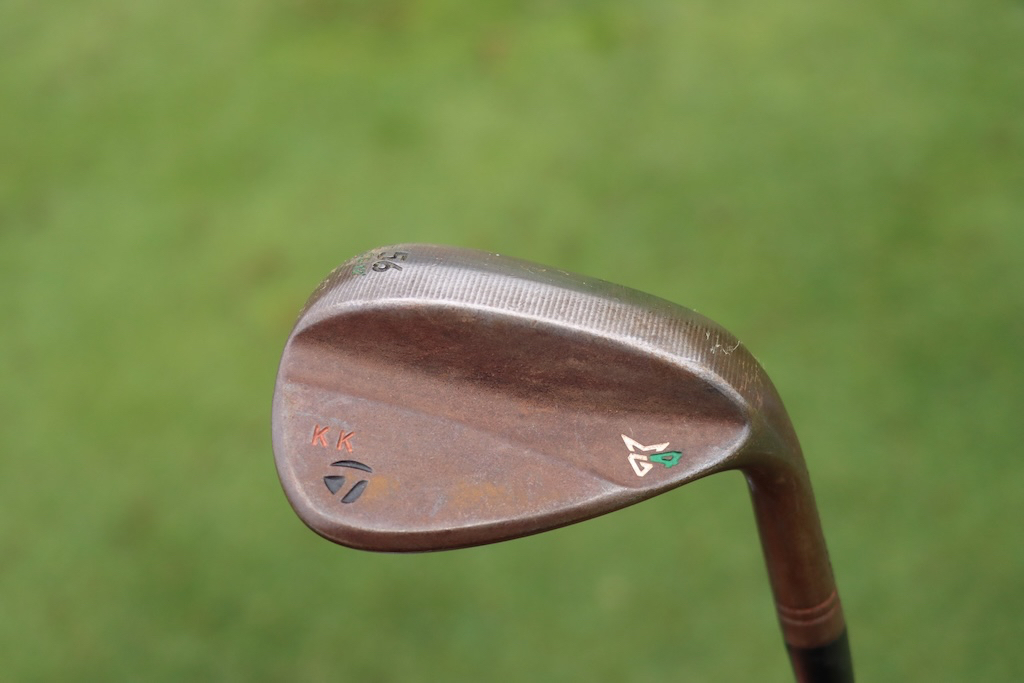

Putter: TaylorMade Spider Tour
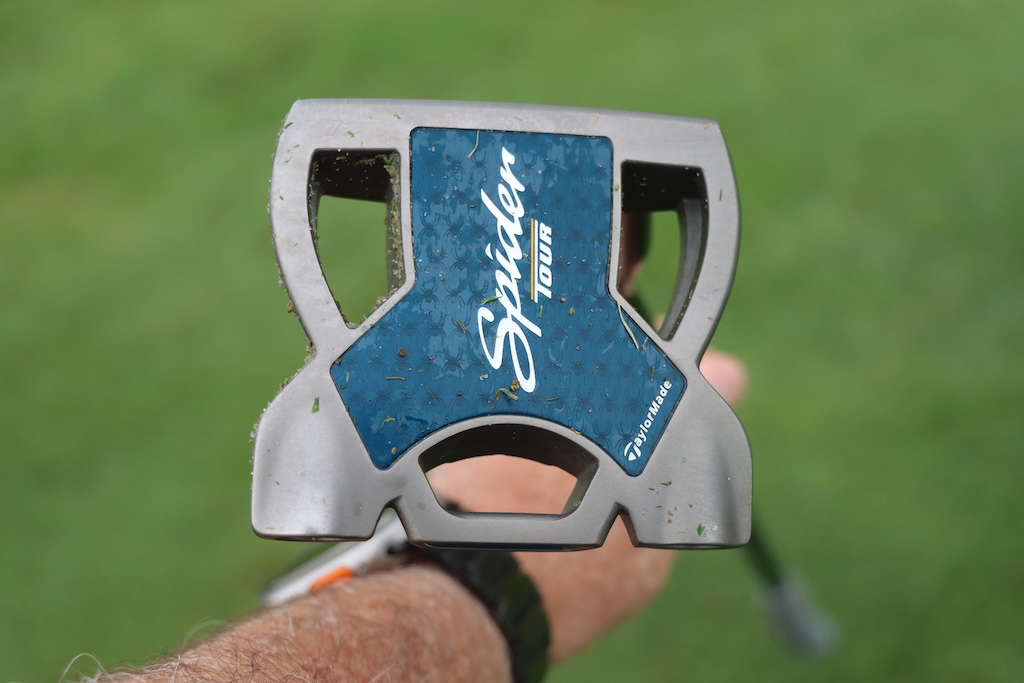
Grips: Golf Pride Tour Velvet Cord
Check out more in-hand photos of Kris Kim’s equipment here.
View this post on Instagram
- LIKE0
- LEGIT0
- WOW0
- LOL0
- IDHT0
- FLOP0
- OB0
- SHANK0
Equipment
Welcome to the family: TaylorMade launches PUDI and PDHY utility irons
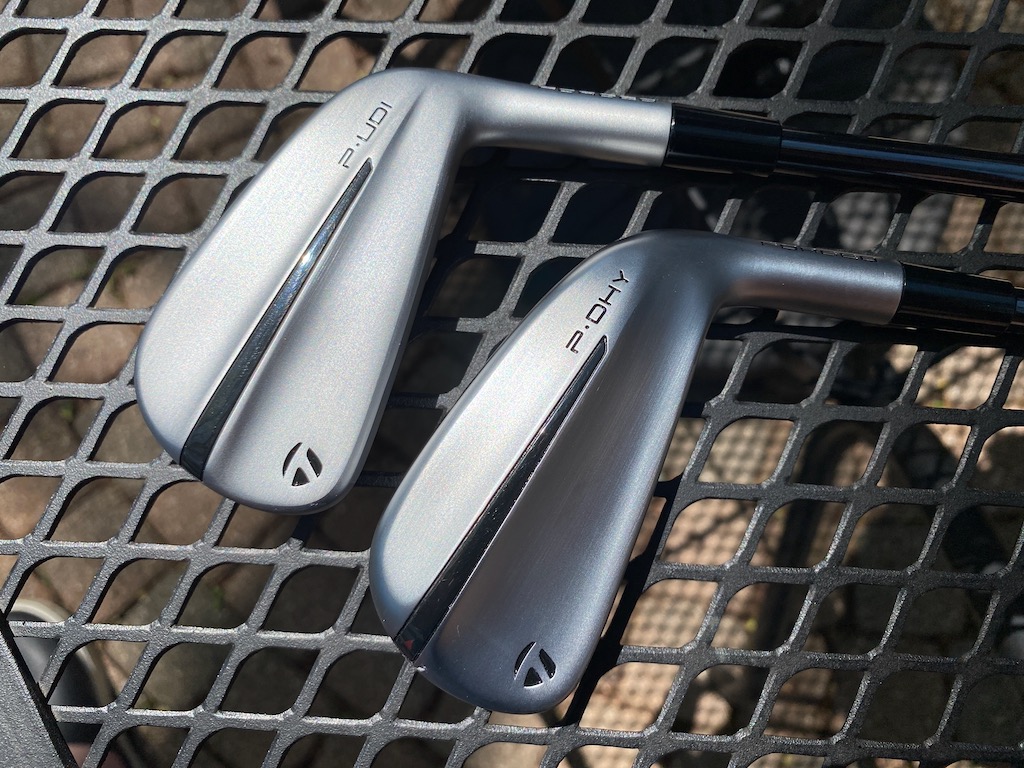
TaylorMade is continuing its UDI/DHY series with the successor to the Stealth UDI and DHY utility irons: PUDI and PDHY (which the company styles as P·UDI and P·DHY). TaylorMade is folding the designs in with its P Series of irons.
TaylorMade outlined the process of developing its new utilities this way. The company started with the data on utility iron usage. Not surprisingly, better players — i.e. those who generate more clubhead speed and strike the ball more precisely — were found to gravitate toward the UDI model. DHY usage, however, covered a wider swath than the company might have expected with six-to-18 handicappers found to be bagging the club.
TaylorMade also found that the majority of golfers playing UDI or DHY utilities were playing P Series irons at the top of their iron configurations.
Can you see where this is going?
Matt Bovee, Director of Product Creation, Iron and Wedge at TaylorMade: “As we look to the future, beyond the tech and the design language, we are excited about repositioning our utility irons into the P·Series family. P·UDI is an easy pair for players that currently play P·Series product and P·DHY is an extremely forgiving option for players of all skill levels. It is a natural fit to give these players the performance in this category that they are looking for.”
View this post on Instagram
TaylorMade PUDI
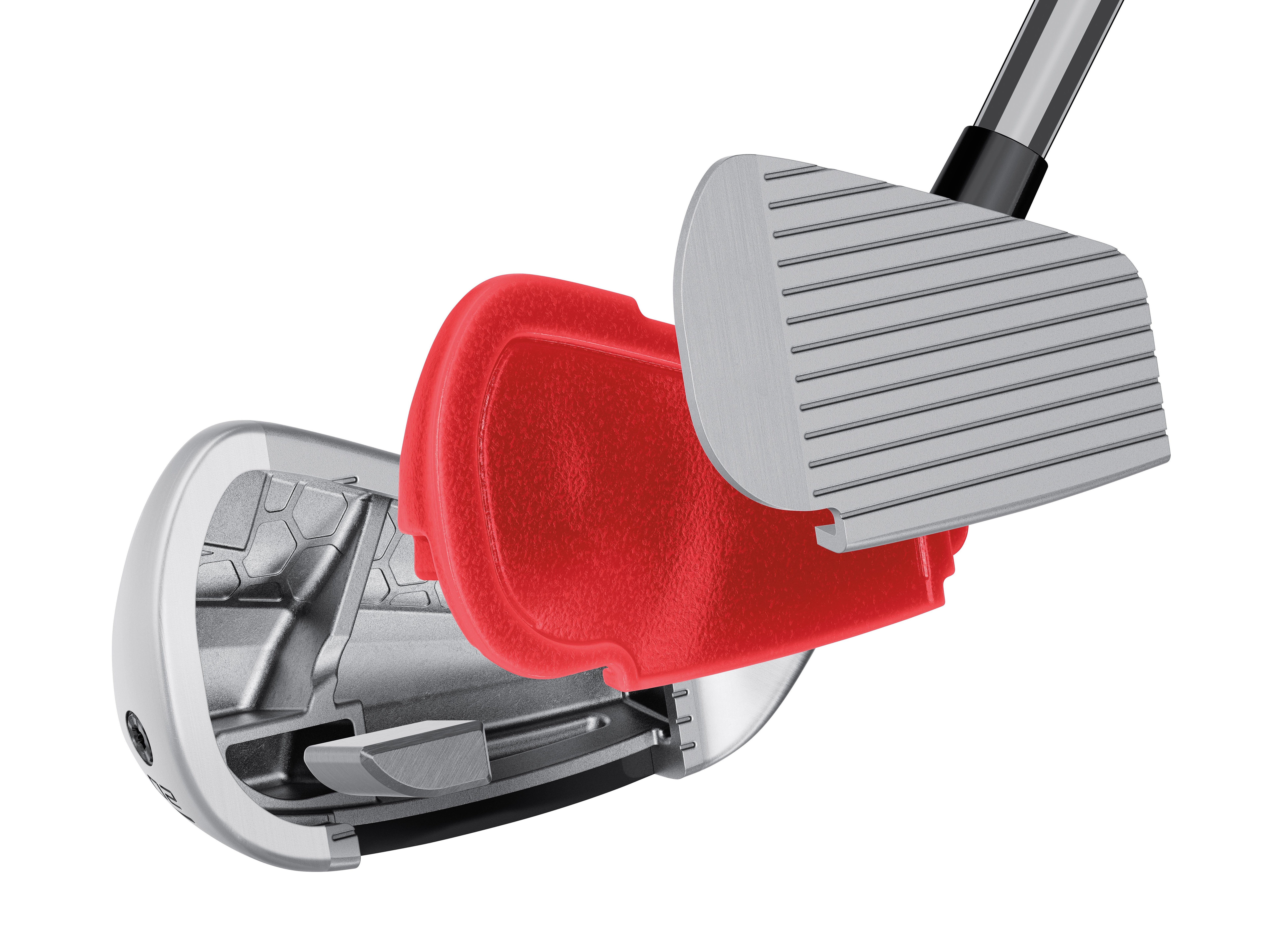
TaylorMade PUDI technology cutaway (via TaylorMade)
Crafted with tour player input, TaylorMade sought to develop a confidence-inspiring utility iron that blends with the rest of the P Series irons. Also of note: Interestingly, the PUDI has a more compact head than the P790.
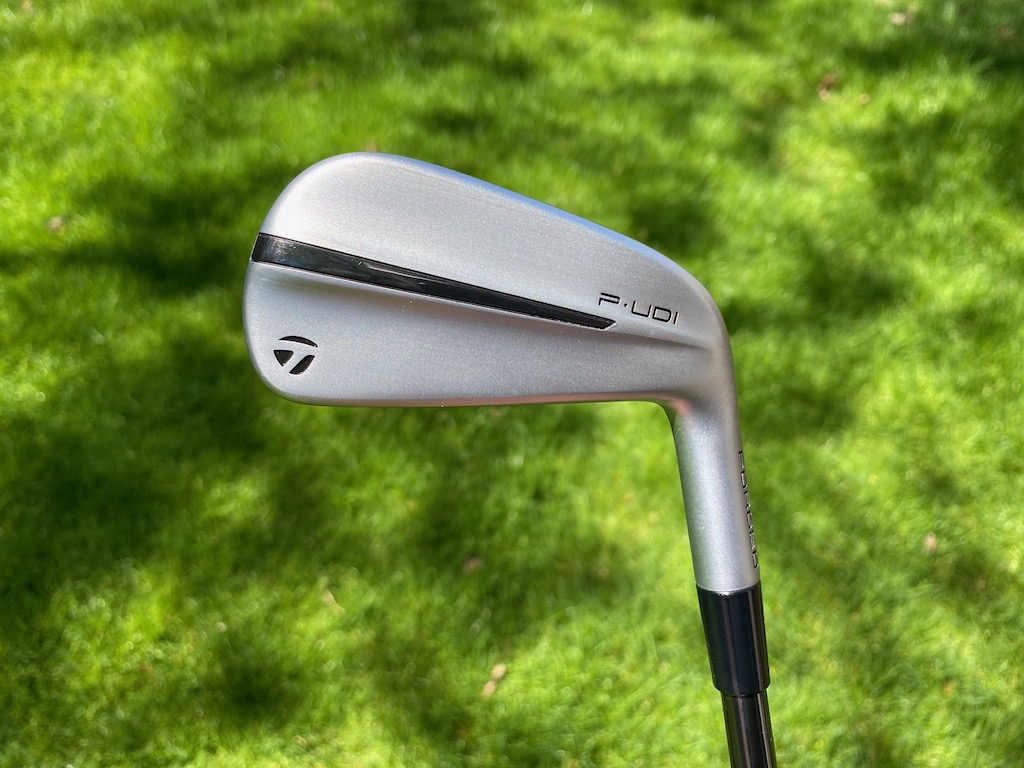
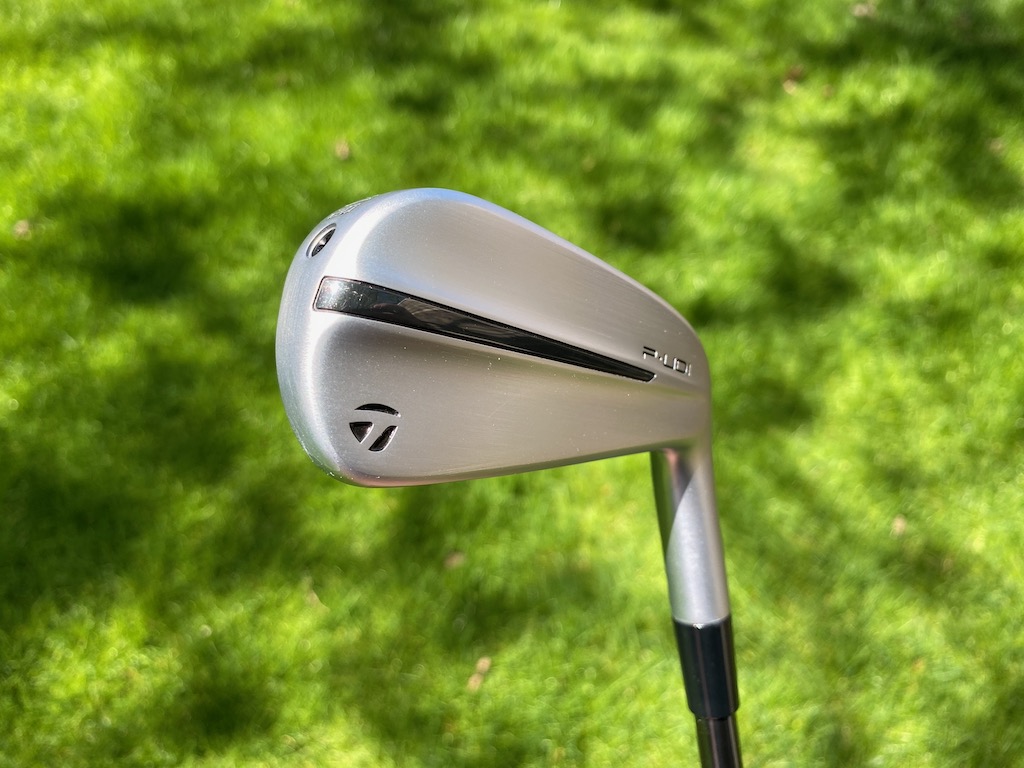
In comparison to past UDI products, the PUDI has a more traditional iron shape, slimmer toplines, and less offset with a little of the backbar visible at address.
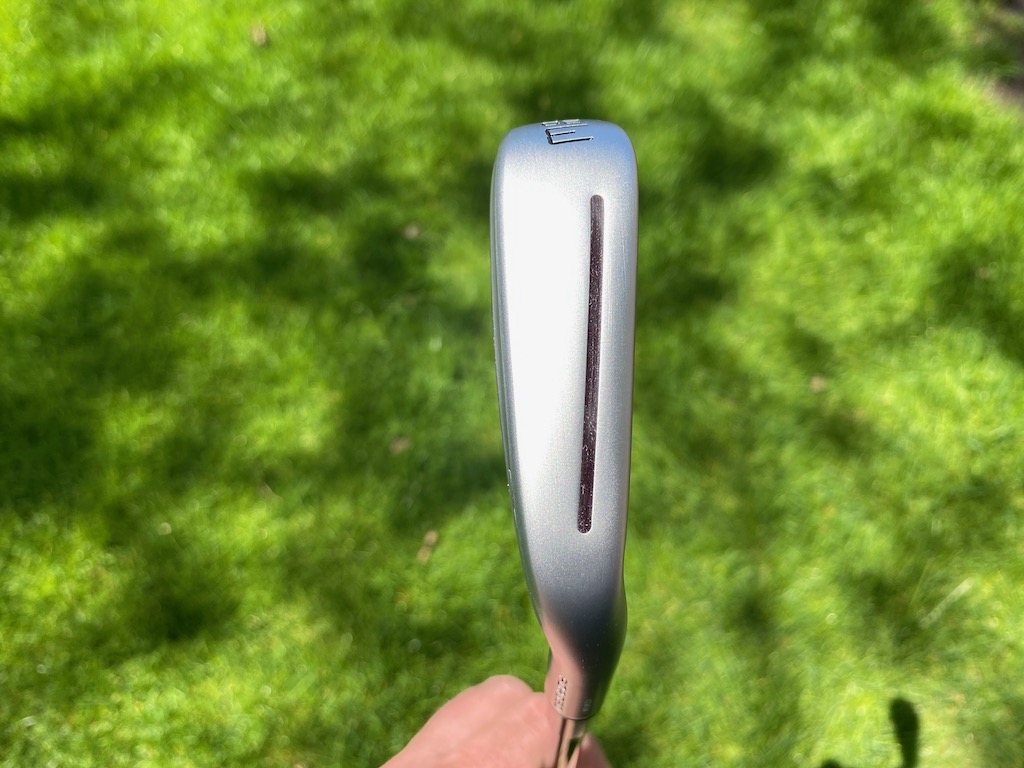

TaylorMade PDHY
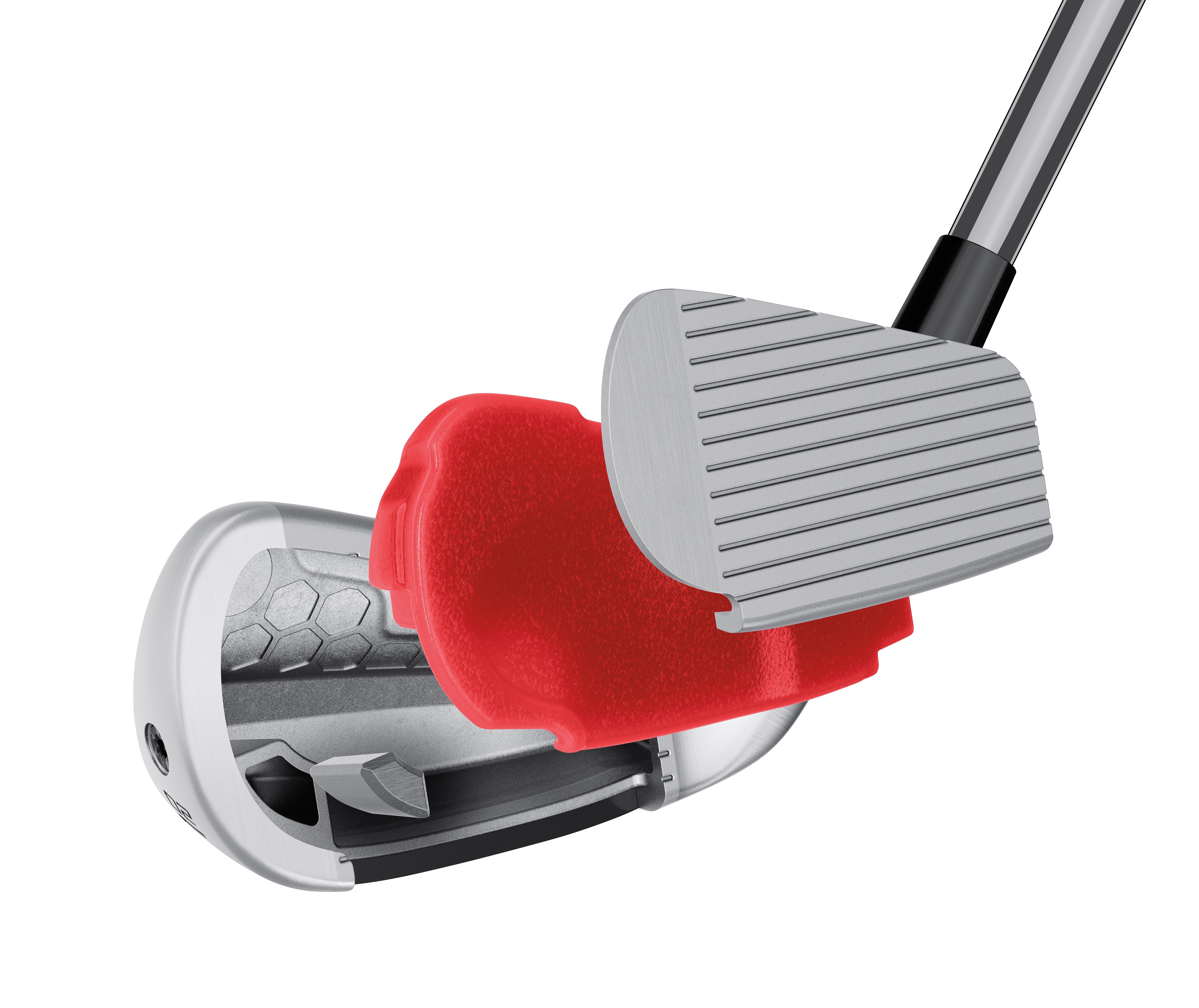
TaylorMade PDHY tech cutaway (via TaylorMade).
Larger in profile than the PUDI, the PDHY seeks to position center of gravity (CG) lower in the club for ease of launch. The toe height is larger and the profile is larger at address — roughly five millimeters longer than PUDI — the sole of the club is wider for improved forgiveness.
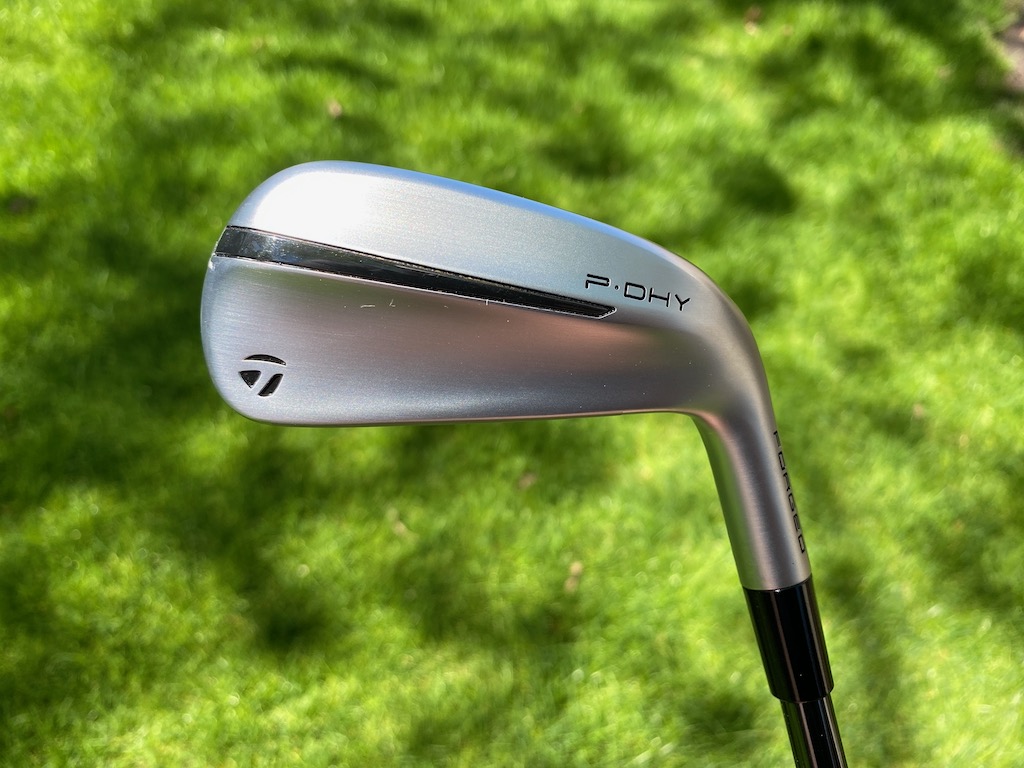



Club Junkie’s take
Golfers who feel like they are missing something at the top of the bag could find the PUDI or PDHY a great option. The look of the PUDI should fit the most discerning eye with a more compact look, less offset, and a thinner topline. If you want a little more confidence looking down the P-DHY will be slightly larger while still being a good-looking utility iron.
For being small packages both models pack a pretty good punch with fast ball speeds, even off-center. The feel is soft and you get a solid feel of the ball compressing off the face when you strike it well. Your ears are greeted with a nice heavy thud as the ball and club come together. The PDHY will launch a little higher for players who need it while the PUDI offers a more penetrating ball flight. Both utility irons could be the cure for an open spot in the top end of the bag.
PUDI, PDHY, or Rescue?
TaylorMade offers the following notes to assist golfers in filling out their bags:
- PUDI has mid-CG right behind the center face to create a more penetrating mid-to-low ball flight
- PDHY has a lower center of gravity to produce an easier-to-launch mid-to-high ball flight.
- Both PUDI and PDHY are lower-flying than the company’s hybrid/Rescue clubs.
- PUDI is more forgiving than P790.
- PDHY is the most forgiving iron in the entire TaylorMade iron family
Pricing, specs, and availability
Price: $249.99
At retail: Now
Stock shafts: UST Mamiya’s Recoil DART (105 X, 90 S and 75 R – only in PDHY)
Stock grip: Golf Pride’s ZGrip (black/grey)
PUDI lofts: 2-17°, 3-20°, 4-22° in both left and right-handed
PDHY lofts: 2-18°, 3-20° and 4-22° in both left and right-handed
- LIKE15
- LEGIT4
- WOW3
- LOL3
- IDHT1
- FLOP2
- OB2
- SHANK4
Equipment
Coolest thing for sale in the GolfWRX Classifieds (5/3/24): Scotty Cameron Champions Choice 2.5+ putter

At GolfWRX, we are a community of like-minded individuals that all experience and express our enjoyment of the game in many ways.
It’s that sense of community that drives day-to-day interactions in the forums on topics that range from best driver to what marker you use to mark your ball. It even allows us to share another thing we all love – buying and selling equipment.
Currently, in our GolfWRX buy/sell/trade (BST) forum, there is a listing for a Scotty Cameron Champions Choice 2.5+ putter
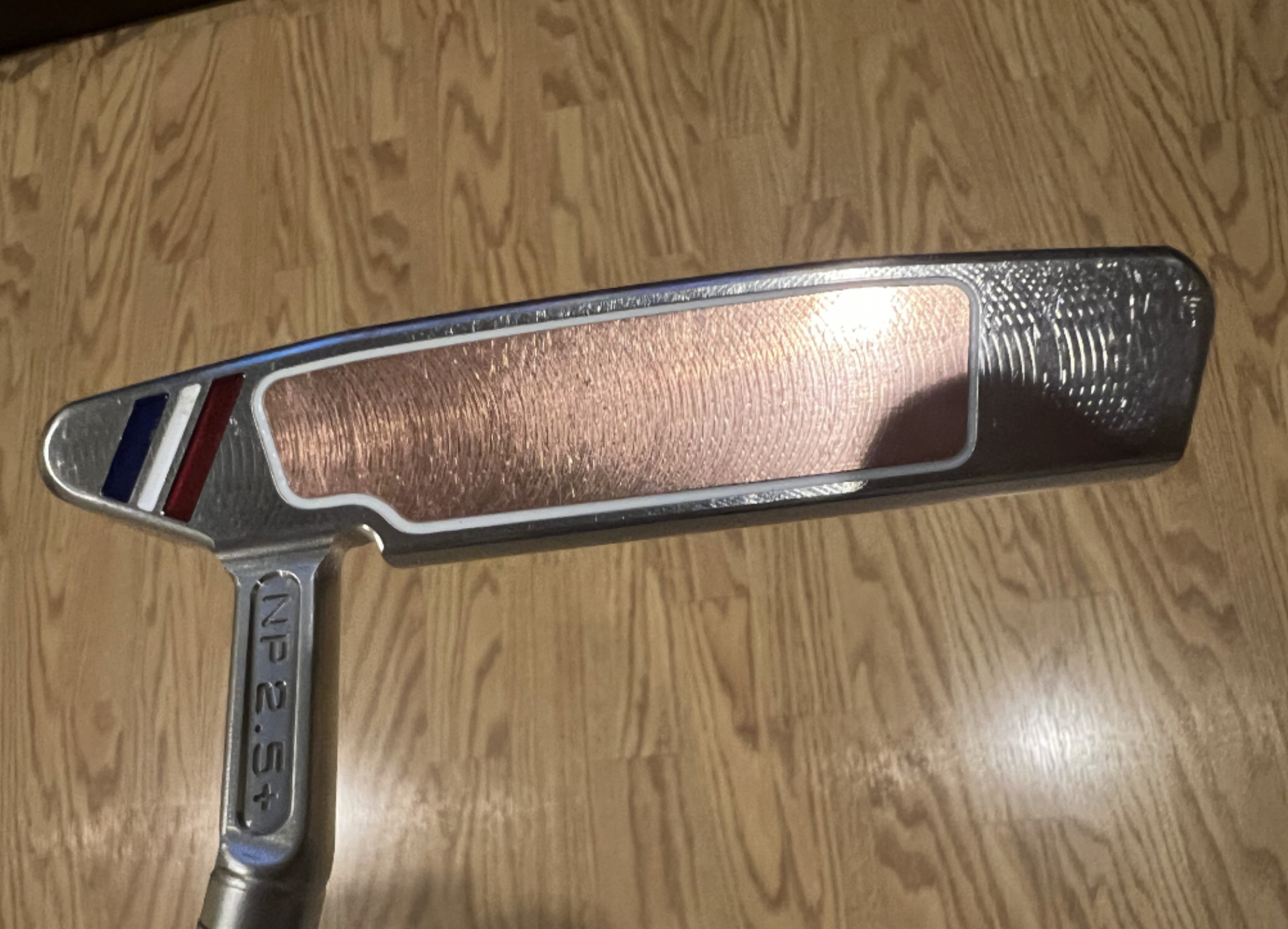
From the seller: (@wwcl): “Has been gamed as pics show. 33.5 includes original h/c and grip. $575 includes shipping and PP fees.”
To check out the full listing in our BST forum, head through the link: Scotty Cameron Champions Choice 2.5+ putter
This is the most impressive current listing from the GolfWRX BST, and if you are curious about the rules to participate in the BST Forum you can check them out here: GolfWRX BST Rules
- LIKE1
- LEGIT1
- WOW0
- LOL0
- IDHT0
- FLOP0
- OB0
- SHANK0
-
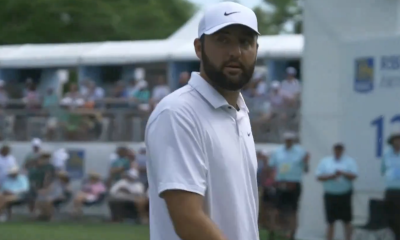
 19th Hole2 weeks ago
19th Hole2 weeks agoJustin Thomas on the equipment choice of Scottie Scheffler that he thinks is ‘weird’
-
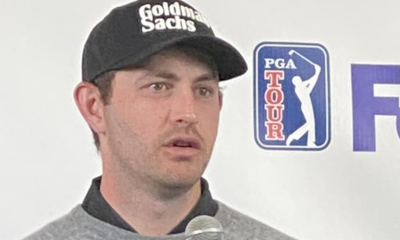
 19th Hole2 weeks ago
19th Hole2 weeks ago‘Absolutely crazy’ – Major champ lays into Patrick Cantlay over his decision on final hole of RBC Heritage
-
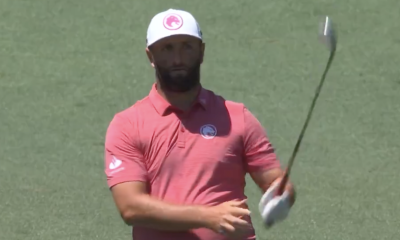
 19th Hole3 weeks ago
19th Hole3 weeks agoTwo star names reportedly blanked Jon Rahm all week at the Masters
-
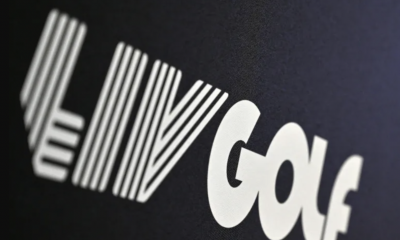
 19th Hole3 weeks ago
19th Hole3 weeks agoReport: LIV Golf identifies latest star name they hope to sign to breakaway tour
-
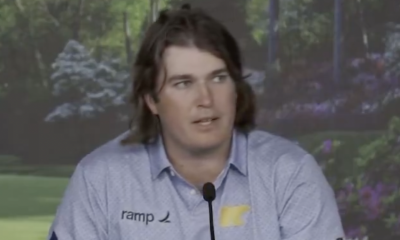
 19th Hole3 weeks ago
19th Hole3 weeks agoNeal Shipley presser ends in awkward fashion after reporter claims Tiger handed him note on 8th fairway
-
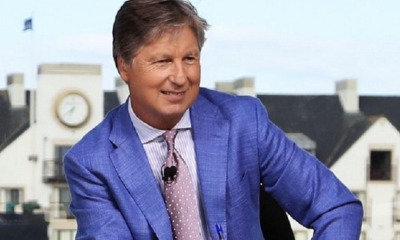
 19th Hole2 weeks ago
19th Hole2 weeks agoBrandel Chamblee has ‘no doubt’ who started the McIlroy/LIV rumor and why
-
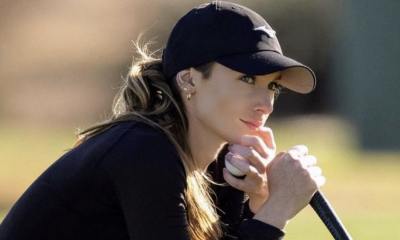
 19th Hole1 week ago
19th Hole1 week agoLET pro gives detailed financial breakdown of first week on tour…and the net result may shock you
-
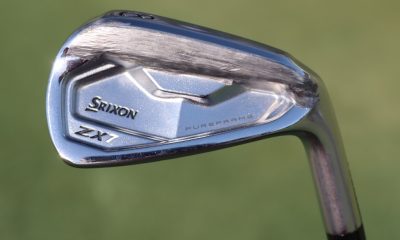
 Equipment3 weeks ago
Equipment3 weeks agoJason Day on his recent switch into Srixon ZX5 and ZX7 Mk II irons

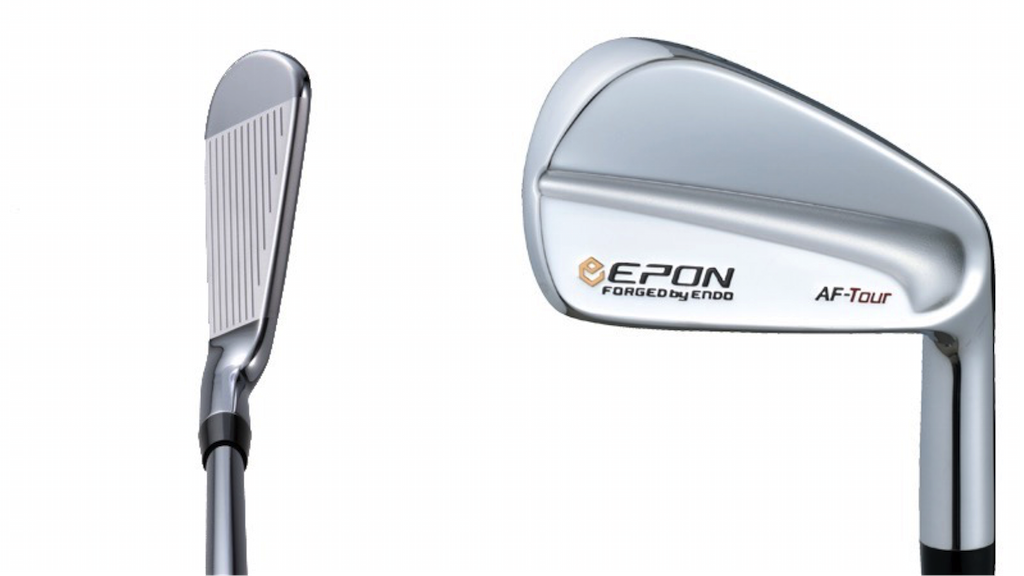
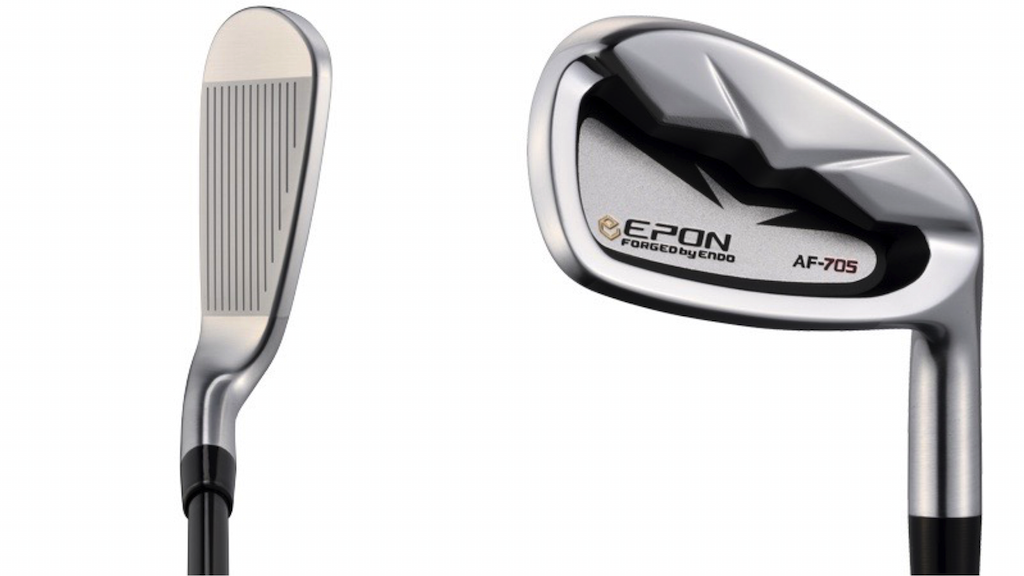


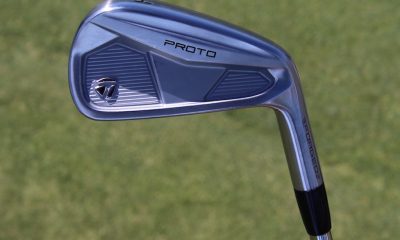

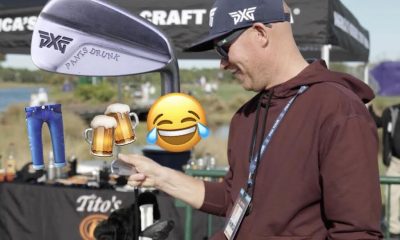

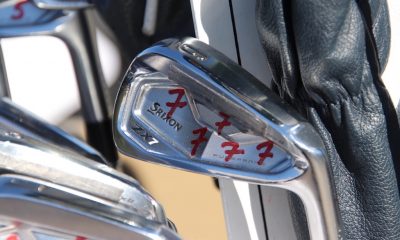

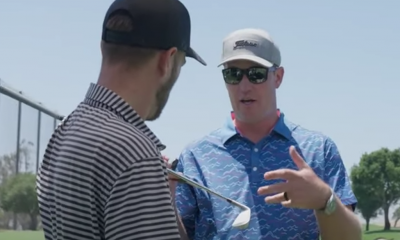

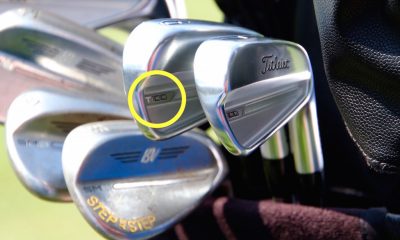

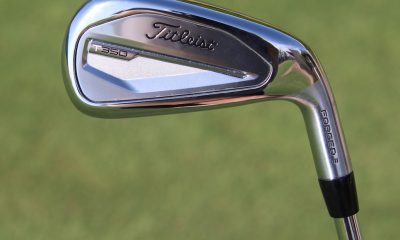








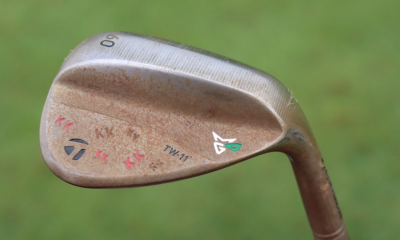

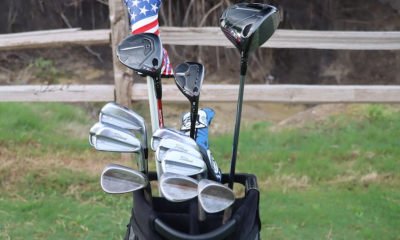

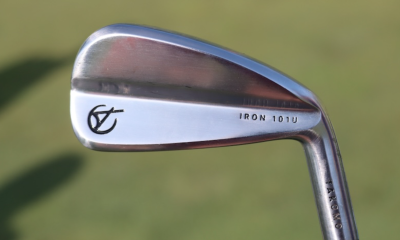

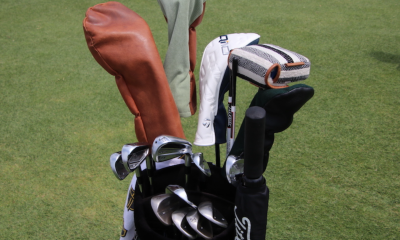

bruce n.
Jul 10, 2017 at 3:48 pm
I have a set of EPON AF – 503’S that I LOVE. Each head came wrapped in plastic showing the head wt. vs the std. eg : 3 – 258.3 vs 259.5 std 8 – 278.8 vs 280.0 std. I HAVE HAD MANY forged sets and these play very well. I PAID $ 210 per club with kbs tour shafts. The tried the pxg’s before these ; and the epon’s feel softer.They re[placed honma tw 737p’s which replaced I200’S THIS YEAR. I am set now .Try them !!
Ill take the other
Jun 30, 2017 at 11:28 pm
Personal 3’s are great (not mentioned)…play well, my set-up was a private builder/fitter very familiar with Epon, ended up with x100 soft stepped black on black played as well as looked. Remember builder actually showing me tolerances of head weights vs. another big name OEM’s premium heads (although i believe this is where “tour issue, and OTR differ slightly…i.e. Tour Issue TaylorMade woods, much better product)…may not mean much, but you do get a higher price with a little more perfection; tighter tolerances, more precise specs. I’ve seen OTR drivers stamped 9.5, measured 10.2. So do believe some companies take more care, but you will pay the “luxury tax”
Ill take the other
Jun 30, 2017 at 9:57 pm
while we play this game, a dollar bill is a gram:)
Maz
Jun 29, 2017 at 8:40 pm
I had a chance to hit some of their drivers a few months ago during a fitting and they were really good, too!
Marty
Jun 29, 2017 at 5:33 pm
FYI, Fairway Golf is an Epon dealer and proud sponsor of GolfWRX.
Zaphod
Jun 29, 2017 at 1:06 pm
It’s a shame for the house label that their own irons look like shyyyyte, not very good looking
MLECUNI
Jun 30, 2017 at 3:50 am
Try to look at the epon’s personnal first gen.
Zaphod
Jun 30, 2017 at 11:53 am
But that’s not what’s been sold now. Duh
MLECUNI
Jul 3, 2017 at 6:49 am
Lol, BIG TIME
Neil Cameron
Jun 29, 2017 at 11:15 am
maybe he meant raw forgings not the finished heads?
cgasucks
Jun 29, 2017 at 10:08 am
I feel like getting a set of Apex Pluses…
juststeve
Jun 29, 2017 at 9:42 am
Nice puff piece. Disappointed to find it on the front page at WRX not clearly labeled as advertising. In any event, irons more precise than your swing won’t make you hit the ball better. Work on your swing.
Sam
Jun 29, 2017 at 9:35 am
I’m sure he meant .6 of a gram ….. just a typo.
GregC
Jun 29, 2017 at 9:19 am
“With Epon irons, Endo can forge the head to within 6 grams of the desired final head weight. For context, a paper clip weighs about 6 grams”
Not sure what they make paper clips out of in your part of the woods (tungsten maybe?) but a single paper clip does not weigh 6 grams. 12-14 paper clips might get close to 6 grams. Hopefully Endo is a little more precise than the comparison used.
Boobsy McKiss
Jun 29, 2017 at 9:25 am
ROFL exactly what I was wondering after reading the article.
Adam Crawford
Jun 29, 2017 at 9:48 am
Greg C, you’re right. It was a poor comparison. We are replacing “paper clip” with “quarter”. A quarter weighs exactly 5.7 grams.